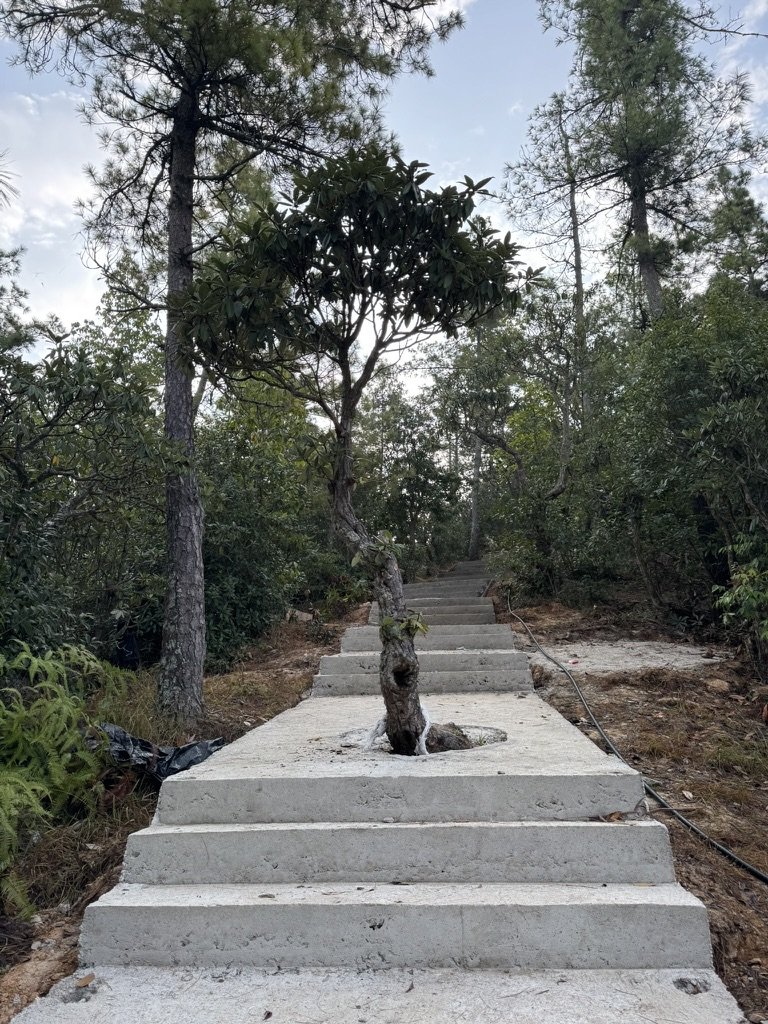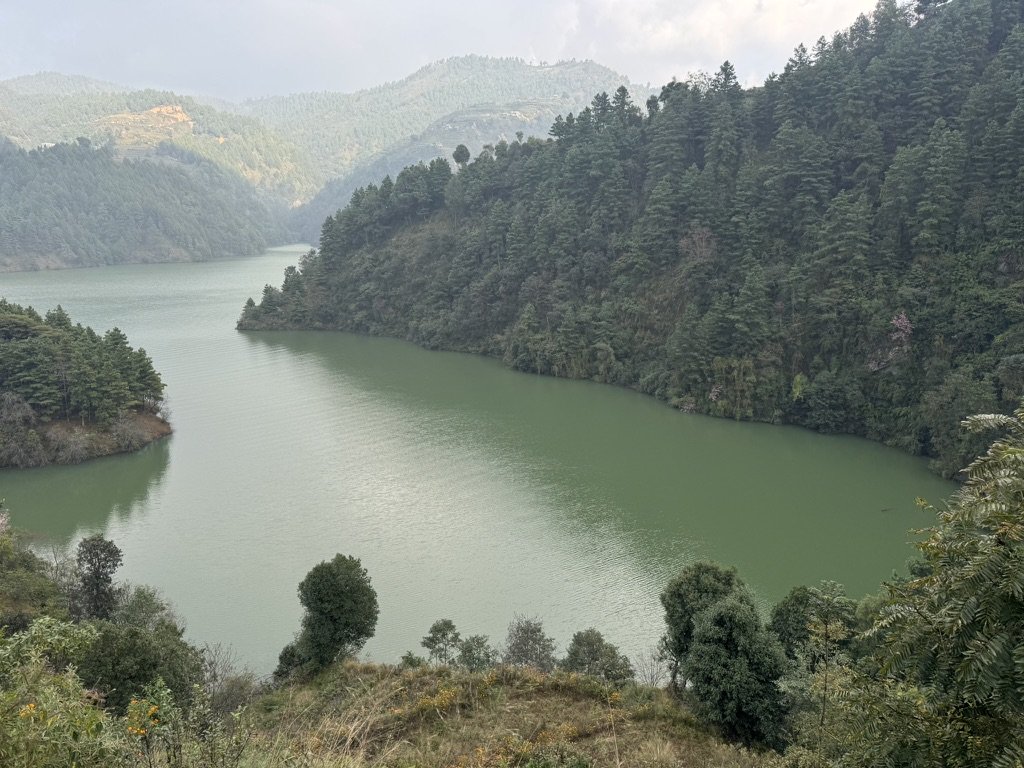On Catastrophizing, Injury, and Trusting the Flow of Time
“When I dare to be powerful, to use my strength in the service of my vision, then it becomes less and less important whether I am afraid.” – Audre Lorde
"Not everything that is faced can be changed, but nothing can be changed until it is faced." – James Baldwin
Catastrophizing is something I see frequently—it's an urge to look at the future and imagine only the worst. As an acupuncturist, I witness it often in patients whose pain or injuries dominate their minds. They think, “What if this never gets better? What if I lose something essential?” I’m not immune to catastrophizing either. During the pandemic, I was pursuing a handstand with a daily practice through Zoom. Then, my Great Dane puppy accidentally pulled me off the sidewalk during a run, and I still decided to attempt a challenging arm balance for the first time. The combination led to a torn rotator cuff, bicep tendonitis, and eventually, a frozen shoulder.
Within a day, the simplest things—putting on a jacket and grabbing a glass out of the counter—became nearly impossible. My mind was full of anxious questions: Would I ever ride my motorcycle again? Would I be able to run? With every fear, my body responded, pulling in, tightening around the pain, creating more adhesions. It wasn’t until I started working with a physical therapist that I realized how much my own catastrophizing was worsening the injury. In those first few appointments, she gently reminded me that my fears weren’t truths; they were unlikely theories I was creating for my future. With exercises and patient encouragement, she showed me that while I couldn’t know the future, I could root my awareness in the present, allowing myself to move forward in small, healing steps.
That experience resonates now, as I work with feelings of homesickness and the collective anxieties tied to the election. I’m reminded of a time in 2017 when I was also in Nepal, navigating similar uncertainties during another pivotal election. This time around, I’m accompanied by new volunteers, greeted by different faces and even a beautiful new toddler in the clinic. The landscape itself is always shifting and I find myself reaching back into lessons in the constancy of change that helped me before, including wisdom from the Yijing.
I often turn to the Yijing for guidance on finding balance amidst chaos. The Yijing suggests we tune into what time it is, both in the world and in our personal lives, grounding ourselves in the present and honoring the flow. One hexagram, Hexagram 24—“Fu” or “Return”—captures this idea powerfully. It represents a cycle of returning to center, of finding our way back to what grounds us after times of disruption. I love Keri Hulme’s interpretation of “Fu,” which compares this return to the winter solstice—a time when the days slowly begin to lengthen, and light makes its way back. Just as Lakshmi’s path is lit with candles in the Tihar festival here, inviting blessings of prosperity, “Fu” teaches us that even when change feels small and slow, it still brings us closer to our core, to what feels true and nurturing.
This process can also be a collective journey. In times of political turmoil, we are often called to re-evaluate what truly matters. Before we act, we may need to “hospice” the modern world and allow ourselves to grieve what has been lost. This is a collective return, reminding us of what is truly important for our communities and our planet. We cannot build a new world until we have grieved, reflected, and collected ourselves to honor what our hearts, children, forests, oceans, and the Earth need. While action is important and there is a time for it, we cannot skip these steps.
This process isn’t about inaction. The Yijing, as Nelson & Yang point out, encourages us to find harmony through both activity and responsiveness. When we catastrophize, we lose that balance, focusing on things beyond our control. But when we respond in time with the present moment, action and stillness come together in a way that lets healing happen. It reminds me of the Serenity Prayer: “Grant me the serenity to accept the things I cannot change, the courage to change the things I can, and the wisdom to know the difference.”
I’m still learning to let go of the impulse to catastrophize, whether it’s about my shoulder or the outcome of an election. Like many others, I’m navigating unfamiliar waters—this time in a place that is at once familiar and constantly new. My hope for myself and for others is that we can find resilience by focusing on our own responses, rather than the uncertainties swirling around us. While we may not control the world, we do have control over how we approach it. And sometimes, the smallest step forward can carry us the furthest on the path back to ourselves.






